Recently, I came across this Reddit thread where user u/pizzabagelblastoff asked “Therapists of Reddit, what are some differences you’ve noticed between male/female patients?”
Max
They had a lot of interesting observations. Here’s what they shared:
1.“I was a therapist for people with psychosis and schizophrenia. Men were more likely to have God delusions (i.e., ‘I am God,’ or ‘God speaks to me’). Women were more likely to have romance delusions (i.e., ‘Michael Jackson speaks to me’). Both had pretty equal amounts of dissociative issues (i.e., ‘This world isn’t real, humans are being replaced by zombies, you aren’t my mom’).”
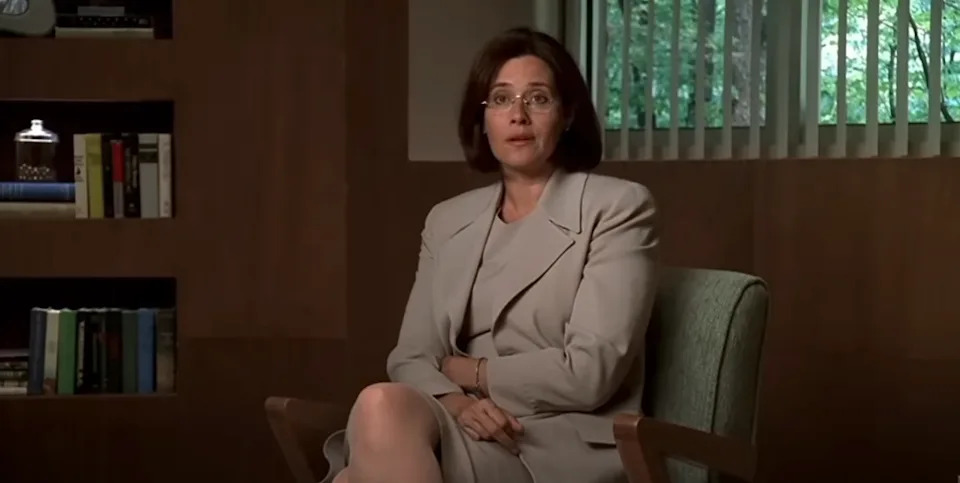
HBO
2.“For me, men opened up faster. The first visit or two might be super limited, and then the floodgates open all at once. The women are more open at the start, but drop big details way slower.”
3.“Older men will often complain of physical pain when they really have depression.”
4.“I work with a lot of college students, and my guy clients always take breakups much harder and are more likely to cry about them.”

HBO
5.“My male patients frequently schedule their first appointment because their wife or girlfriend strongly encouraged it. It’s rarer for them to reach out of their own volition.”
Related: Most Americans Are So Bad At Geography, I Bet They Couldn’t Pass This Middle School Quiz
6.“My female patients usually apologize for crying. My male patients usually apologize for having emotions at all.”
7.“My female patients tend to express more self-criticism than the men.”
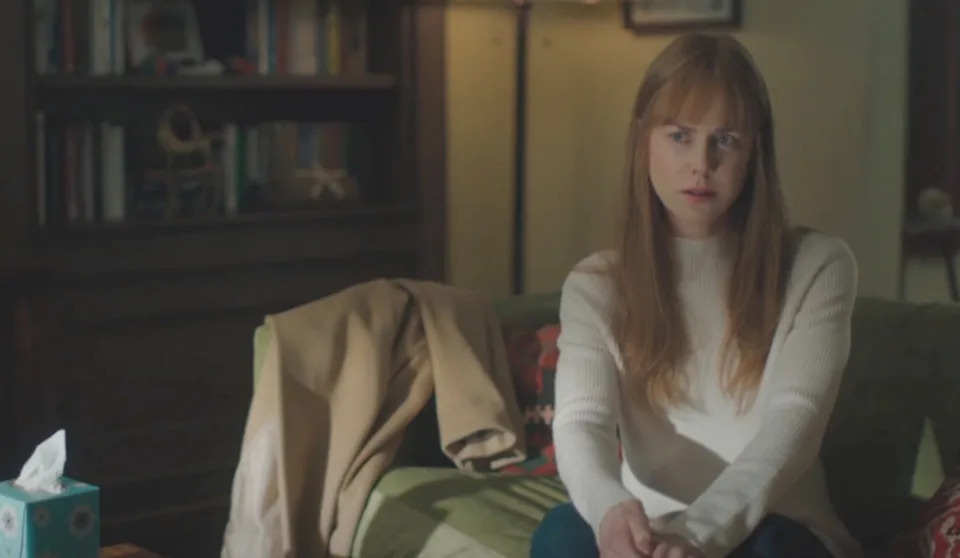
Max
8.“Honestly, fewer differences than you’d think. Men tend to be more comfortable going to anger than women, and tend to have less of a support system and less openness about their mental health with people they care about, but that’s more societal conditioning than a hard truth about the gender. I often find men to be more attached to romantic ideals than women, paradoxically.”
9.“My male clients come to therapy wanting solutions, action, structure, and for me (a woman) to tell it like it is. Over time, we almost always end up going very psychodynamic (lots of talking, open-ended guiding questions, raising awareness of relational/childhood stuff, behavioral patterns) and processing the deeper stuff that they didn’t think was relevant or no one gave them space to talk about before. My female clients are very high-performing, controlling, perfectionist, burned-out, and trying to perform therapy and healing in a perfect way. Over time, we end up working on self-acceptance, processing anger, boundaries, values-driven action, self-image, and raising consciousness on gender roles and capitalism.”
Related: 48 Poor, Poor Souls Who Are Having A No Good, Very Bad Day
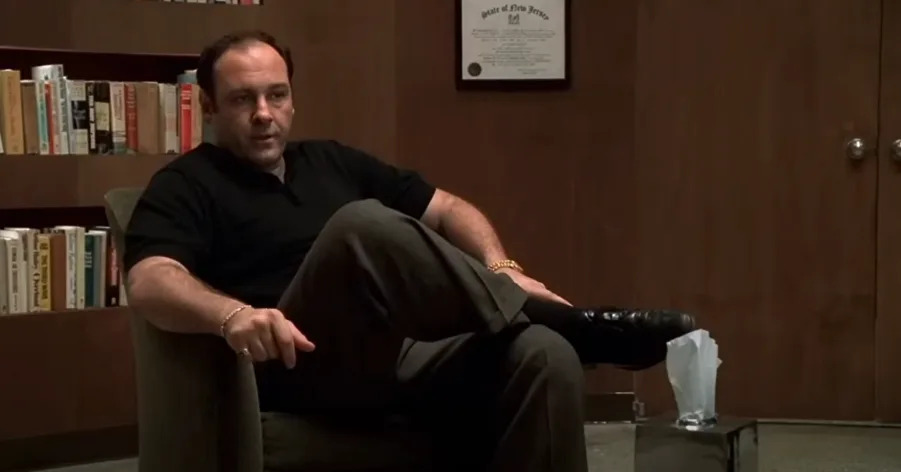
HBO
10.“Twenty years ago, gender differences in therapy were an area I researched. A couple of general differences were a tendency for males to underrepresent, so they’d say they weren’t feeling as badly as they were, or that they were satisfied with the therapist when they weren’t. The other very general point was that males presented less verbally than females. Alexithymia was also much more common in males. It’s that inability to identify emotions and therefore to explore them without professional support was absolutely crippling for many. (This was observed in session rather than as part of traditional/ structured research).”
11.“I have learned that the men who come to me often need support and encouragement to thrive. Constant criticism is hard on a lot of them. It can cause a man to lose his confidence, and in that situation, he’ll have a hard time relating to his partner. The women I see, on the other hand, tend to need attention. They need to feel seen and heard. They don’t need to be understood as much as they need to feel heard. My female patients don’t usually accept excuses. They want acknowledgment. When they are not feeling seen or heard, they don’t feel loved and have a hard time relating to their partner.”
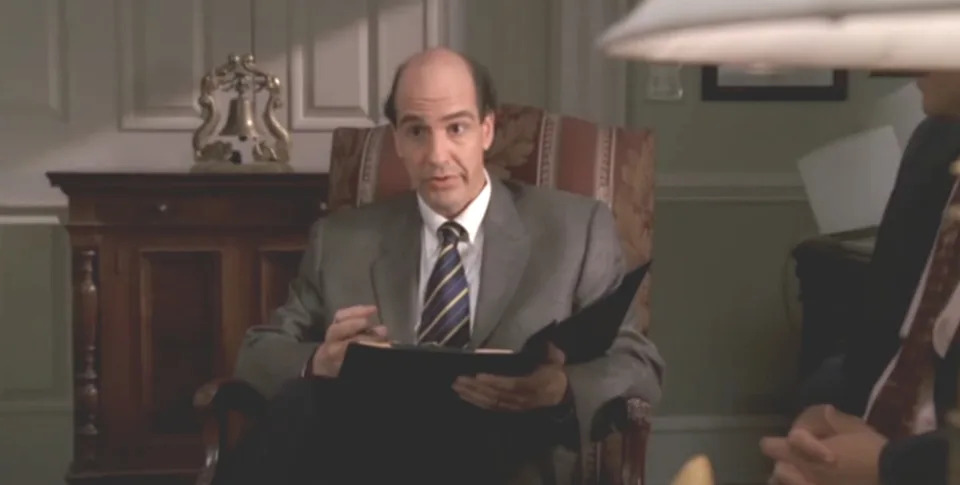
ABC
12.“The biggest difference is that my female patients process trauma more intensely than my male patients.”
13.“My female patients often arrive more comfortable expressing emotions and discussing interpersonal issues. My male patients may take longer to open up emotionally, sometimes framing issues in more ‘practical’ or action-oriented terms.”
14.“I feel that a lot of my women patients get outwardly overwhelmed, for example, crying or having complaints of exhaustion. While men are either saying nothing or being angry when they get overwhelmed.”
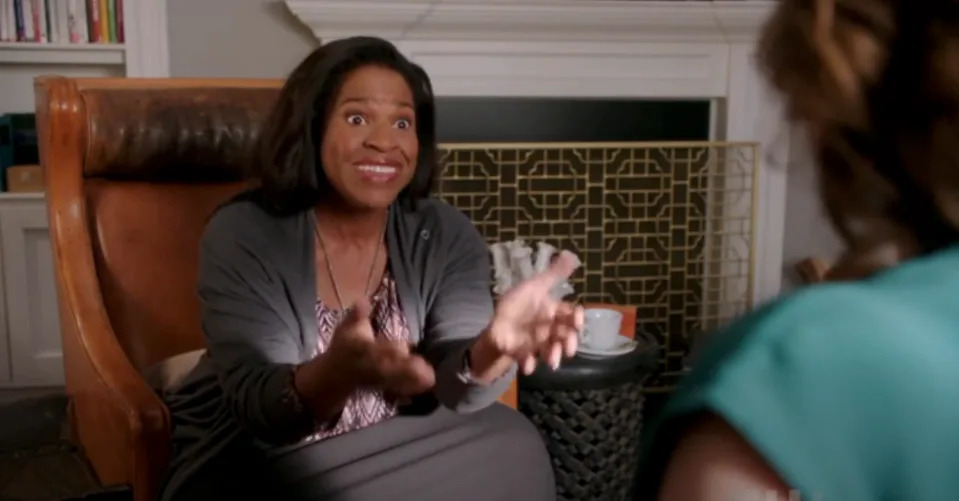
The CW
15.“My ex was a therapist. The biggest difference they saw was how many men mentioned being assaulted by women while being minors and didn’t report it to authorities or think it was a big deal when their symptoms said otherwise. Staggering amounts.”
16.“In most couples I saw as a therapist, the woman wants to feel emotionally safe while the guy wants to be appreciated for what he’s doing. Also, most of my men patients don’t seem to identify getting angry easily as emotional, and only think crying is emotional. More men asked me if they could be put on medication, and women preferred talk therapy.”
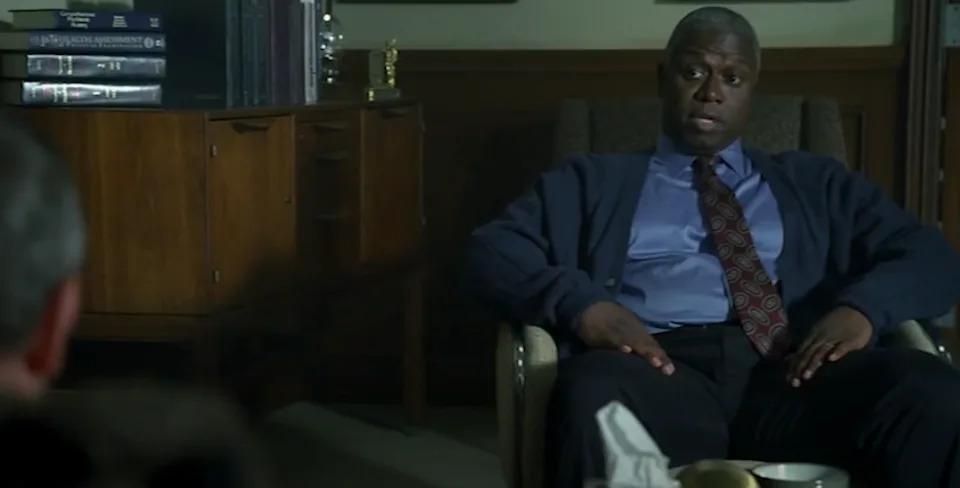
Fox
17.And finally, “My women patients have been the ones delusionally clinging to unhealthy relationships. My men patients tend to devalue social needs. Both equally want to be heard (most people prefer to talk in therapy, even those who are generally quiet).”
Submissions have been edited for length and/or clarity.
If you’re a therapist, what differences have you noticed in your male and female patients? Share in the comments or use the anonymous form below:
Also in BuzzFeed: This 30-Question General Knowledge Test Will Eliminate 53% Of People Before Question 21
Also in BuzzFeed: Here’s A Bunch Of Really, Really, Really, Really, Really, Really, Really, Really Messed-Up, Dark, And Creepy Sh*t I Just Learned About
Also in BuzzFeed: Just A Few Dark, Messed-Up, And Creepy Things I Learned This Week
therapist
#Therapists #Sharing #Differences #Noticed #Male #Female #Patients #Fascinating

